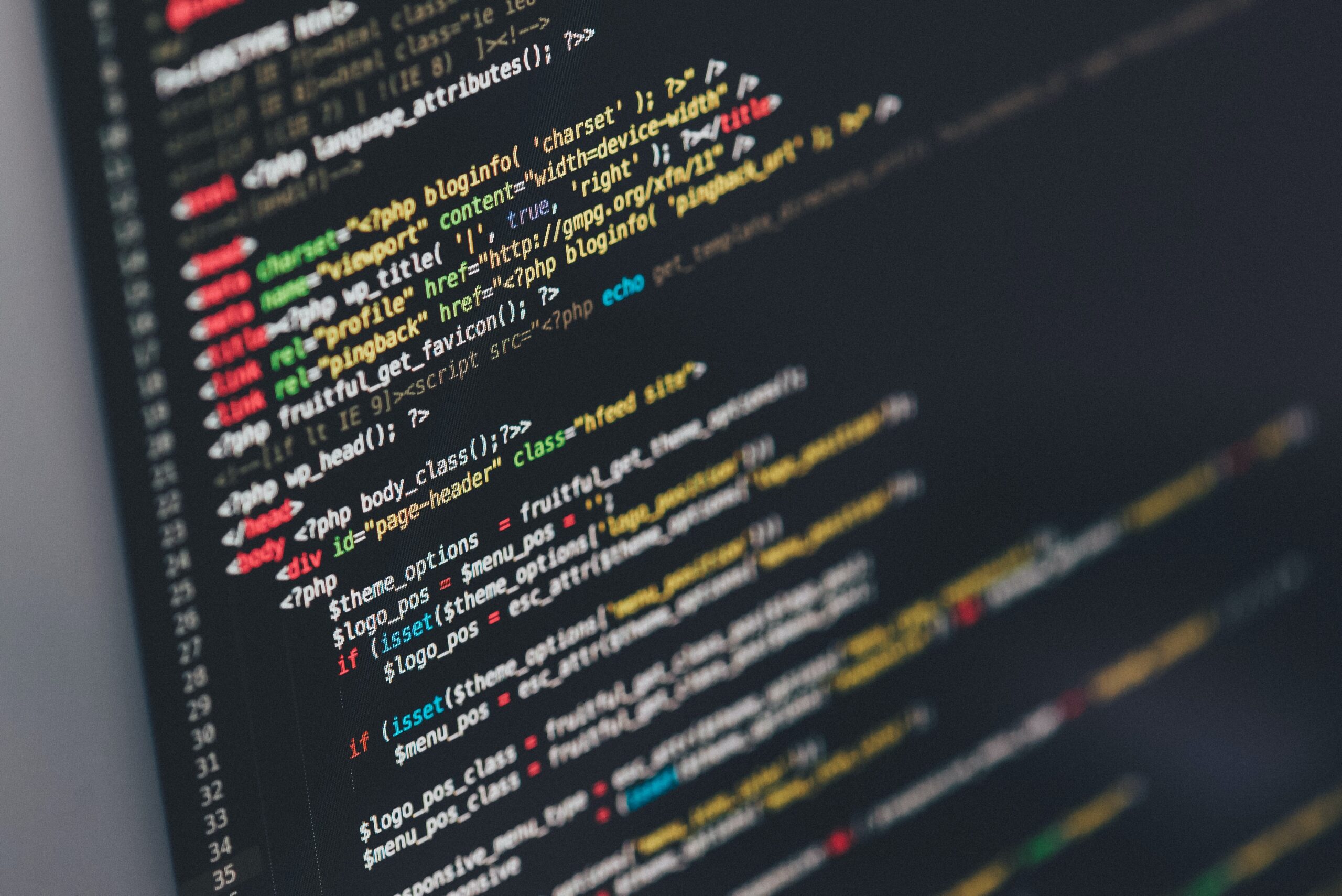In recent years, there has been an exponential growth in the development and application of Artificial Intelligence (AI). AI, once confined to the realm of science fiction, is now an integral part of our everyday lives. From virtual assistants like Siri and Alexa, to autonomous vehicles and advanced medical diagnoses, AI has revolutionized various industries. This article delves into the rising influence of AI and its impact on future technological advancements.
The Evolution of AI
AI has made significant progress since its inception. Initially, AI systems were limited to performing specific tasks with predefined rules. However, with advancements in machine learning algorithms and the availability of vast amounts of data, AI has become more sophisticated. Today, AI systems can learn from data, adapt to new situations, and make decisions based on complex patterns and algorithms.
1. Revolutionizing Healthcare
One of the most notable impacts of AI is in the healthcare industry. AI-powered systems can analyze vast amounts of patient data to assist doctors in diagnosing diseases more accurately and efficiently. Additionally, AI is aiding in drug discovery, by analyzing molecular structures and predicting potential drug compounds, significantly reducing the time and cost of developing new medications. AI is also being utilized in remote patient monitoring, robotic-assisted surgeries, and personalized medicine.
2. Transforming Transportation
AI is set to revolutionize the transportation industry. Self-driving cars, powered by AI algorithms and sensors, have the potential to make roads safer and reduce traffic congestion. AI-powered logistics systems can optimize routes, reduce delivery time, and enhance supply chain management. Furthermore, AI algorithms can analyze real-time traffic data to provide accurate predictions and recommendations on traffic patterns, enabling more efficient transportation planning.
3. Enhancing Cybersecurity
In an era where cyber threats are becoming increasingly sophisticated, AI is playing a crucial role in enhancing cybersecurity measures. AI-powered systems can analyze massive amounts of data to detect patterns and anomalies indicative of potential cyber attacks. This enables organizations to respond quickly and effectively to emerging threats. AI algorithms can also proactively identify vulnerabilities in networks and provide recommendations to mitigate potential risks.
4. Revolutionizing Manufacturing
AI has the potential to revolutionize manufacturing processes by improving efficiency and productivity. Smart factories, equipped with AI-powered robots and machines, can automate repetitive tasks, resulting in increased production rates and reduced errors. AI algorithms can analyze data from sensors and predict machine failures, allowing for proactive maintenance, minimizing downtime, and optimizing production schedules. Additionally, AI-powered systems can optimize supply chain management and improve inventory management.
Conclusion
Artificial Intelligence is rapidly growing in influence and reshaping the future of technological advancements. Its application in healthcare, transportation, cybersecurity, and manufacturing has already shown significant promise. As AI continues to evolve, we can expect further advancements in various sectors, leading to improved efficiency, enhanced decision-making, and a transformative impact on our daily lives.

